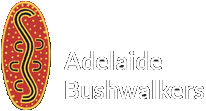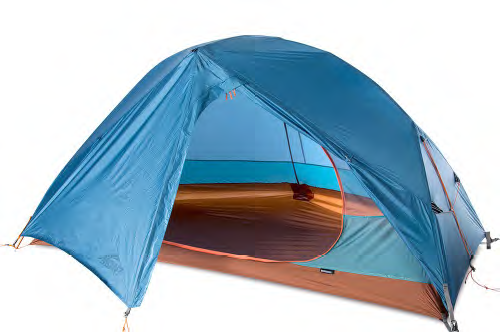Light weight backpacking has become a form of obsession in the world of bush walking, and for good reason. As the weight on our backs goes down we can move faster and further, spend more time exploring and less time resting. As we age the reduced weight gives new life to our backs and knees, in turn filling us with the type of trail lust and vigour we had in our youth… ok maybe that’s a stretch but it has to be better on the knees. With all the interest in light weight bushwalking and consequently gear, we thought it would be worth sharing two primary strategies that will help reducing your pack weight as well as a couple considerations for going light.
The first is to invest in a couple of items that have the potential to shave quite a bit off your base weight*. The 3 items in your pack that tend to have the biggest effect on base weight are: tent, sleeping bag and mat. If we were to use a One Planet Nitrous -1 sleeping bag (550 grams), a Sea to Summit ultralight insulted air mat (480 grams) and the Mont Moondance 1p tent (1.42 kg). Altogether, we are looking at approximately 2.5 kg for shelter and sleep system. Building from this very light base it is easy to see how people keep their base weight under 7 or 8 KGs.
The second way to reduce the weight in your pack is though elimination and before you cut off the end of your toothbrush, it might be worth checking if there is a spare kilo or two that could be shed of your waist. Jokes aside this will look different for each situation and if you have any particular questions don’t hesitate to pop into the Scout Outdoor Centre, the staff would be more than willing to help.
As we cut the weights of out packs there are a couple things to bear in mind. The first being, as materials get lighter and thinner there tends to be a sacrifice in durability. Are you chasing a FKT (fastest known time) or do you want a bit of gear to see you through the apocalypse? Be sure to know what you expect out of piece of gear before you make a purchase.
Another important factor is your experience in the bush, particularly the area you will be recreating in. The less you know about a place the more gear you need for unexpected events. Be careful not to sacrifice your safety for a few grams saved in your pack weight.
A final thought I leave you with is to remember why you are taking time to bushwalk. For many of us it’s an opportunity to trade in the daily grind and all the stress it holds for a simpler, more grounded existence. Don’t get too stressed counting grams and don’t make walking more complicated than it has to be, just get outside and have fun.
*Base weight is the weight of one’s pack before packing consumables (food, water, etc).
A base weight of less than 5 KG is considered ultra-light
A base weight of less than 10Kg is considered light
A base weight


Comments (0)